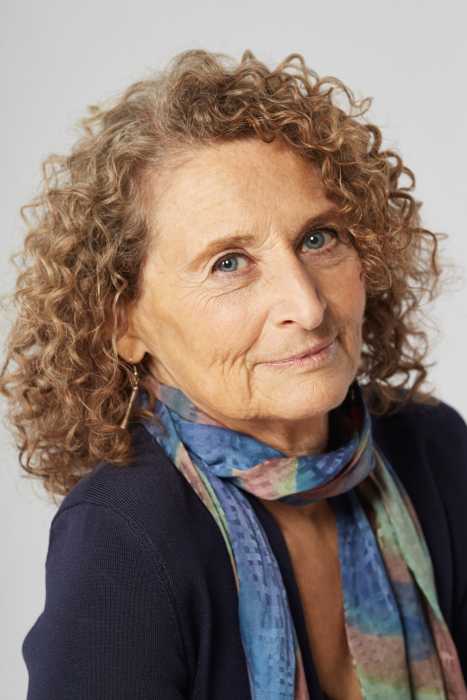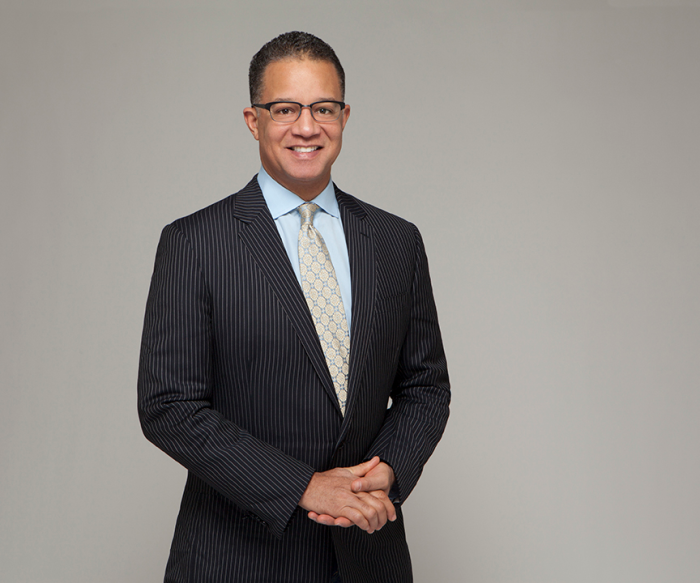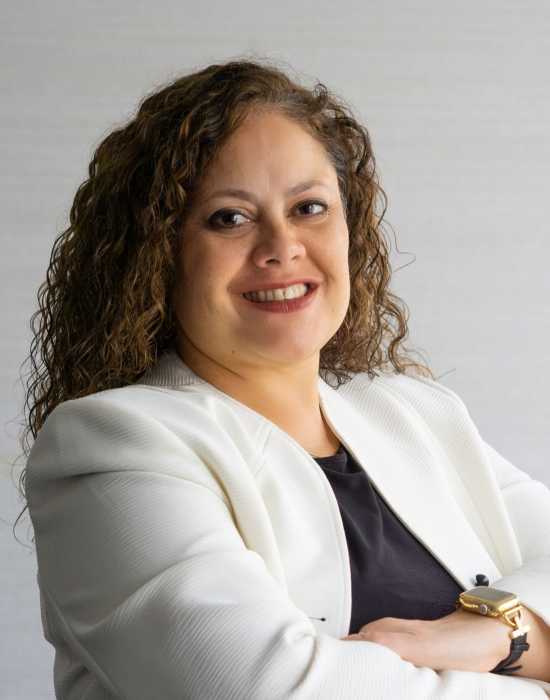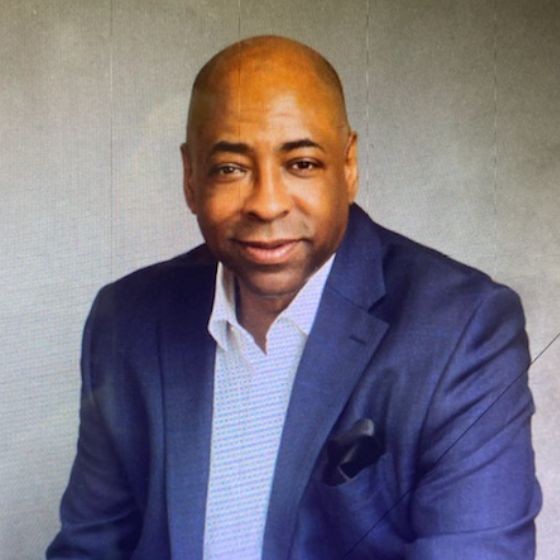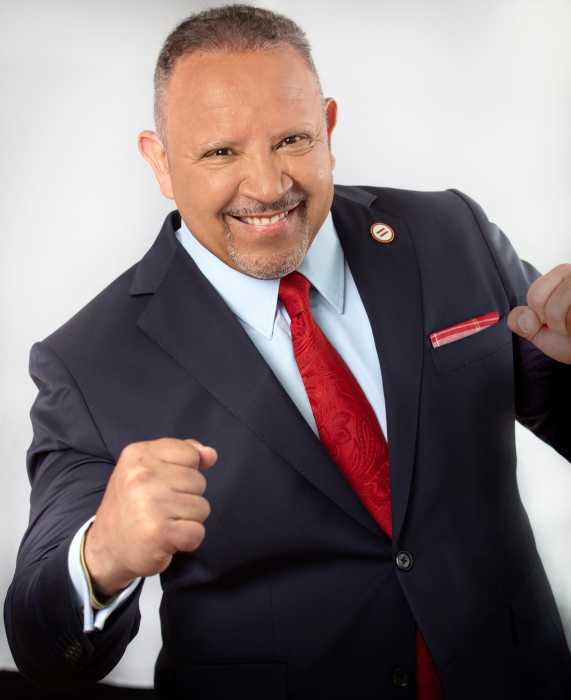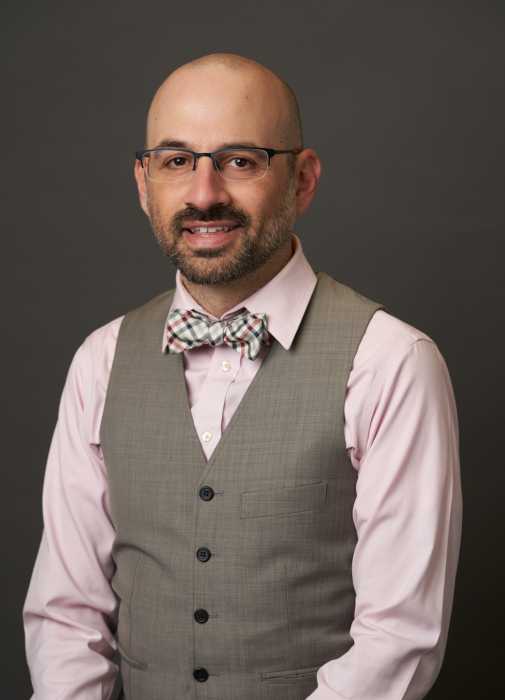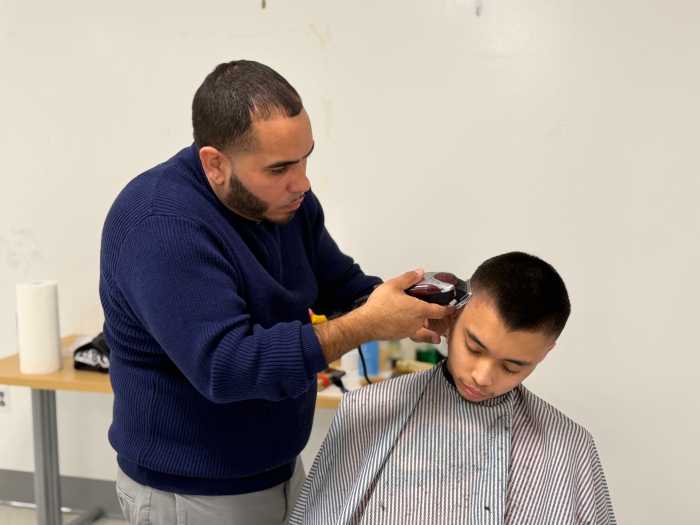Donna Lieberman has been the executive director of the New York Civil Liberties Union since December 2001. She also founded the NYCLU’s Reproductive Rights Project. During her tenure, the NYCLU has grown to over 160,000 members, with eight offices around the state, and become the state’s leading voice for freedom, justice and equality, especially for those whose rights are most at risk: people of color, young people, and low-income New Yorkers.
How do you define diversity, equity and inclusion?
DEI means people of all walks bringing their whole selves into our work and workplace, seeing themselves in what we accomplish and how we function. It’s about who we are and how we work as much as what we achieve. It’s about experience alongside expertise. We learn from failures. Conflicts are inevitable; learning the courage and tools to resolve them is essential. DEI is a dynamic process we must foster every day.
What motivated you to become a DEI advocate?
I was deeply affected by the civil rights movement, particularly the heroic struggles of young people who risked everything in nonviolent resistance – at lunch counters, schoolhouses, buses. Higginbotham’s “In the Matter of Color” helped me better understand the roots and machinery of slavery. Fighting for equality has been a big part of my life’s work, but at the NYCLU, confronting systemic racism and implicit bias has taught me I still have much to learn.
What do you think are some of the benefits of promoting diversity, equity and inclusion?
DEI is mission critical. The fight for civil rights and liberties is made up of so many interconnected struggles. If we don’t have an array of perspectives and lived-experiences developing, directing, and driving strategies, we fall short or fail. Understanding and respect across differences is essential to a strong, broad movement that can restore and strengthen democracy and build a fairer and more equitable society.


